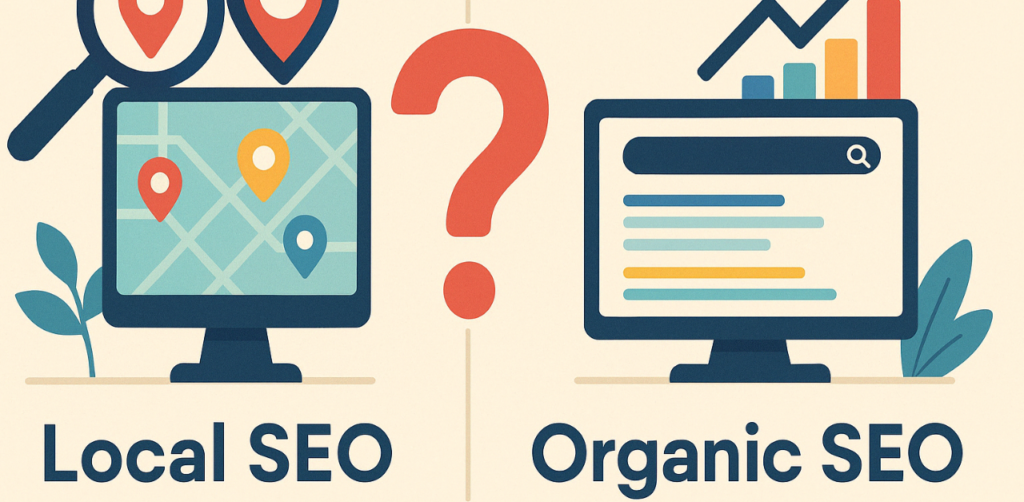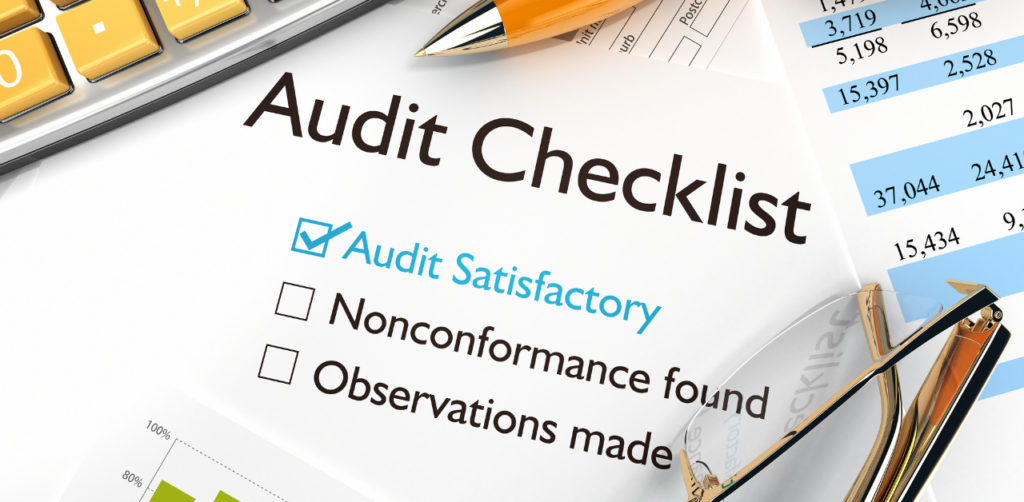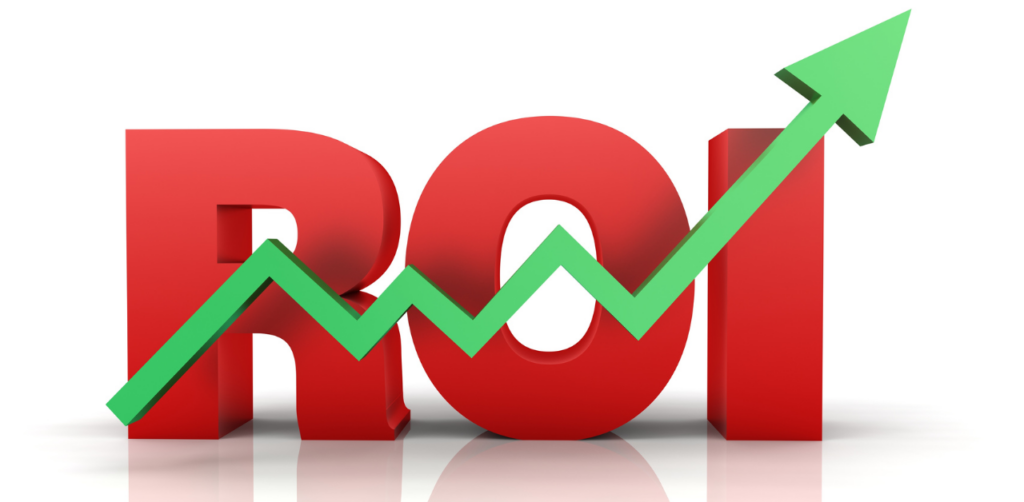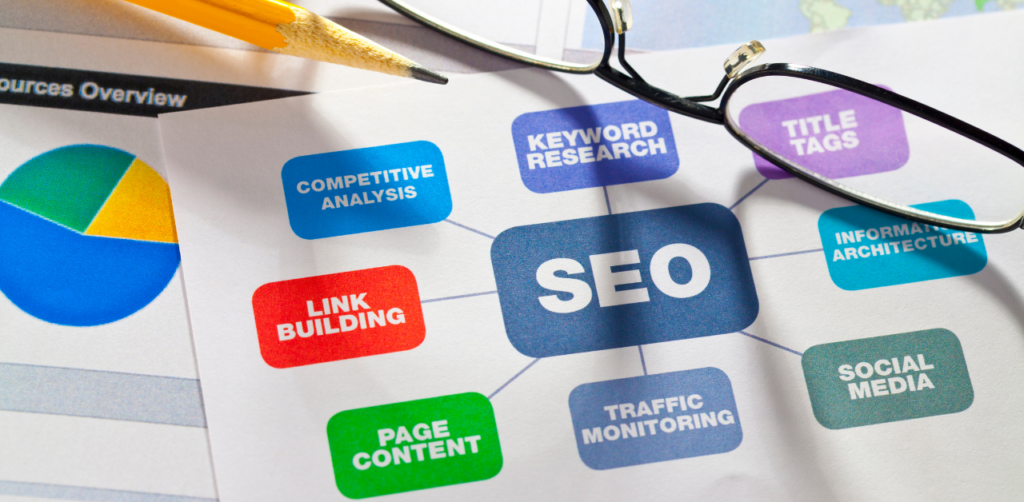When it comes to digital marketing, businesses have two main ways to appear in search engine results: organic search and paid search. Organic search relies on search engine optimization (SEO) to improve rankings naturally, while paid search involves paying for ads to show up at the top of search engine results pages (SERPs).
Both approaches have their pros and cons. Organic search strategies take time but build long-term credibility, while paid search offers immediate visibility but requires ongoing ad spend. Choosing between organic and paid search—or combining both—depends on your goals, budget, and how quickly you need results.
This article breaks down the differences between organic and paid search, their impact on your digital marketing strategy, and how to use them effectively to reach your target audience.
How Organic Keywords Work
Organic search refers to traffic generated by search engines without the use of paid advertisements. Search engine algorithms look at a page’s content and decide where it appears on search engine results pages. Organic keywords are words or phrases that match what users search for and tell the system what a page covers. Organic search focuses on organic search optimization through:
- Writing quality content
- Placing relevant keywords
- Boosting visibility
Over time, strong organic SEO can increase organic search rankings and bring steady organic traffic.
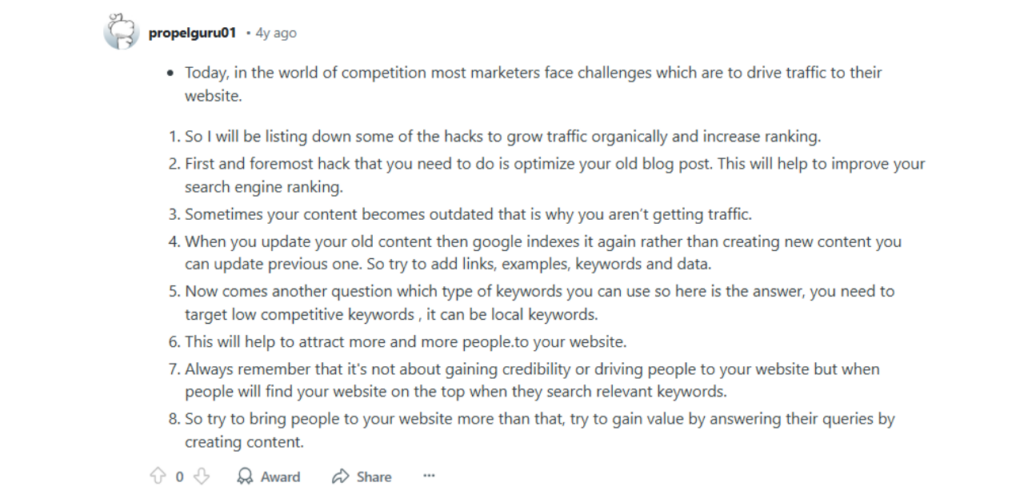
A Reddit user shares tips on how to maximize organic keywords to anyone’s advantage. You need to regularly update old blog posts with fresh examples, data, and links, which can help search engines notice new activity on your site. Targeting low-competition or local keywords can also attract a more focused audience. The key is consistently producing content that solves real user problems and offers genuine value, boosting credibility and improving rankings and organic results.
What Are the Benefits of Organic Keywords?
Organic search initiatives help build trust with visitors. Unlike paid search, organic listings remain visible on search engine results pages without extra ad spend. This attracts relevant users who search for answers and improve your website’s visibility. It can also cut costs and deliver reliable traffic. Many digital marketing agencies include organic search strategies in a broader marketing strategy with content marketing and other organic search campaigns.
The Challenges of Organic Keywords
Competition for organic search traffic can be tough. Search engine algorithms shift often, so it takes time to see progress. You may not reach the first page immediately, and staying there calls for regular organic search optimization and keyword research. This also means keeping content fresh and continuing organic search campaigns to maintain or improve organic rankings.
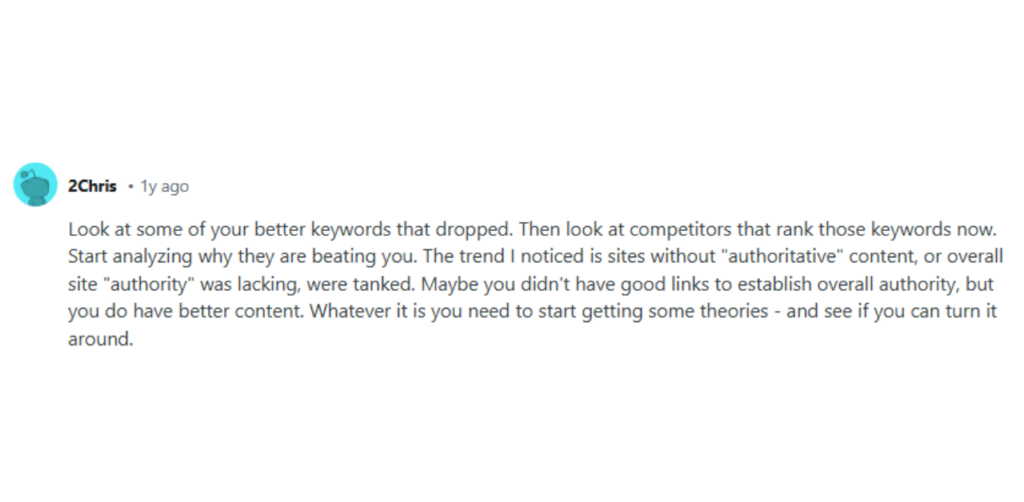
In a Reddit discussion, a user worried about the decrease in organic traffic by 30%. However, another Reddit user shares insights that a significant drop in organic traffic can occur when search engines prioritize website authority over high-quality content alone. Check which keywords took the biggest hit if your site lost rankings and see which competitors replaced you. Analyze what they’re doing better—stronger backlinks, broader site authority, or something else.
The latest update favors overall website authority over niche expertise. Even if an expert like a CPA or attorney writes a well-researched piece, their site may struggle to rank against platforms like Reddit, which has built long-term authority. If your site is highly specialized, you might need to rethink your strategy to compete in this new landscape.
How Paid Keywords Work
Paid search involves paying for prime placement on a search results page. Services like Google Ads or Bing Ads let you bid on target keywords in a pay-per-click format. This paid search strategy shows your paid ads on search engine results, providing immediate results after launch. Paid search can also include:
- Social media advertising
- Google shopping ads
But it still depends on your marketing strategy and budget.
What are the Benefits of Paid Keywords
Paid campaigns give immediate visibility and help you reach your target audience faster. You can measure performance in real time, adjust ad spend, and test different landing page ideas. Paid search channels are helpful for quick exposure or short-term promos. They also help in competitive search results where organic content may need more time to rank.
The Challenges of Paid Keywords
Ad spending may grow rapidly, especially for competitive search results. Paid SEO tools and close monitoring are important to avoid wasting money on irrelevant traffic. A paid search campaign can miss the mark if ads target the wrong users. Once the budget is depleted, paid search ads disappear, so long-term benefits are not guaranteed.
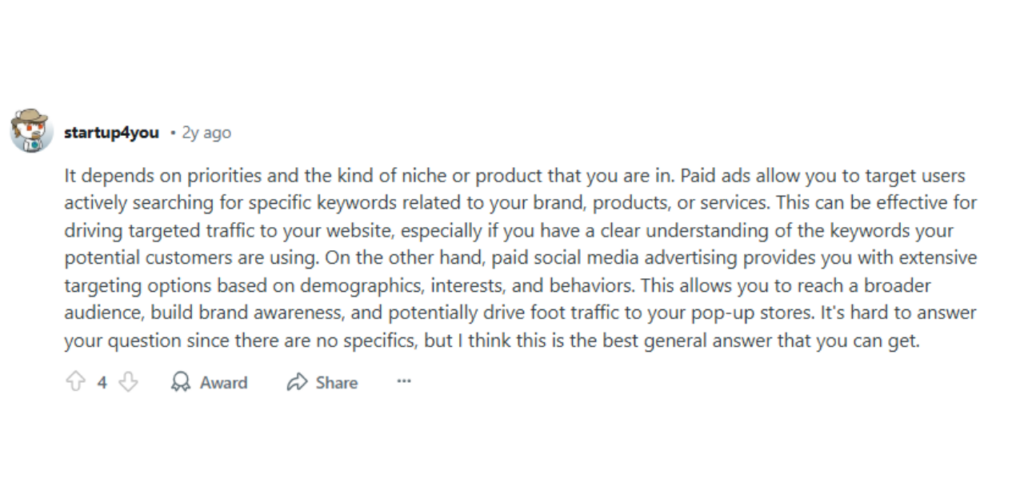
Another challenge is what paid ads work for your business. Should you use PPC advertising or paid social advertising? A Reddit user replied to the discussion on what’s more effective to use between the two campaign strategies. They emphasize that choosing PPC advertising and paid social media advertising depends on your goals and industry. PPC ads target users actively searching for relevant keywords, making them practical for driving highly targeted traffic to your site.
In contrast, social media ads enable more targeted advertising based on demographics, interests, and behaviors, which is ideal for enhancing brand awareness and reaching new audiences. Both have their strengths; the best option depends on your needs.
Comparing Organic Search vs Paid Keywords
Below are some key differences between organic and paid search. This table highlights how each method fits different goals in a digital marketing strategy.
| Factors | Organic Keywords | Paid Keywords |
| Cost | No direct ad cost. Time and resources for content creation and search engine optimization. | Paid search involves paying per click or impression. |
| Time to See Results | It might take weeks or months to rank in a natural search. | Offers immediate results as soon as ads launch. |
| Visibility | Appears in organic search results based on relevance. | Shows in paid search results at the top or bottom of the search results page. |
| Maintenance | Needs regular content updates and ongoing organic search optimization. | Requires consistent ad spend checks and campaign tuning. |
| Best For | Trust-building, long-term traffic, content marketing. | Fast exposure, special deals, or a new paid search campaign. |
Integrating Organic and Paid Keyword Strategies
Combining organic and paid search can strengthen your digital marketing strategy. Paid ads deliver immediate results while you build organic listings with consistent content. Paid campaigns also provide keyword data that can guide organic search optimization. If a term works well in paid channels, you can add it to your organic search campaigns for broader reach.
In addition, sharing insights between organic or paid search efforts can lift overall performance. For instance, if a phrase draws steady organic traffic, you can use it in a paid search campaign to reach even more people. This unified approach can help you stand out in competitive search results and stay prepared when search engine algorithms shift.
Maximize Your ROI Through a Balanced Organic and Paid Strategy
Both organic and paid keywords play a role in search marketing, but they serve different purposes. A balanced strategy that uses both can maximize your reach and return on investment.
At Web Search Marketing, we understand what works best for your business. Our ad specialists create strategies that balance organic growth with paid campaigns to get you the best return on investment. Book a consultation today to start growing your online presence.




